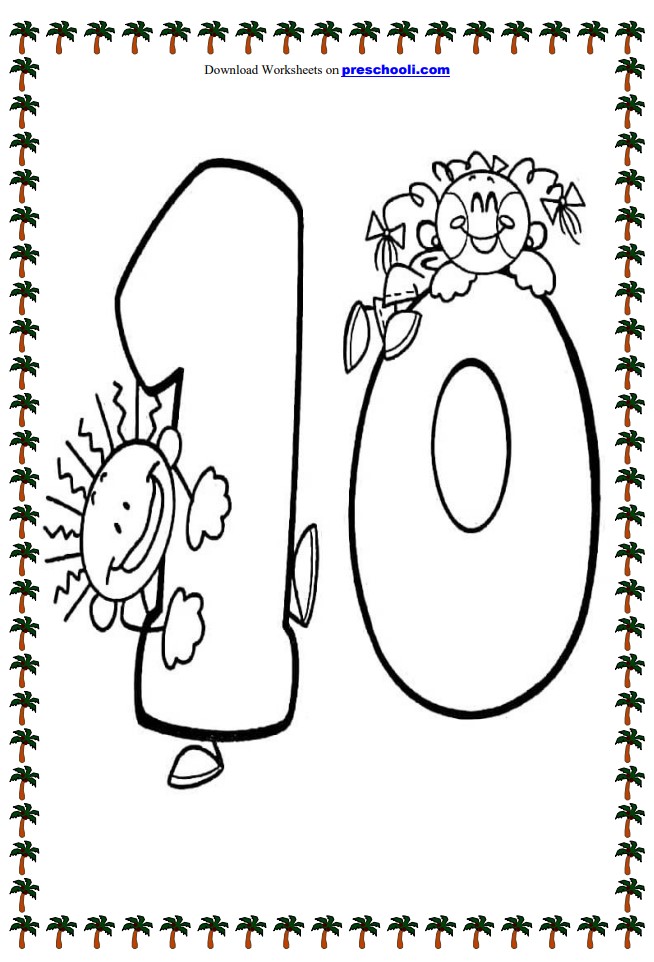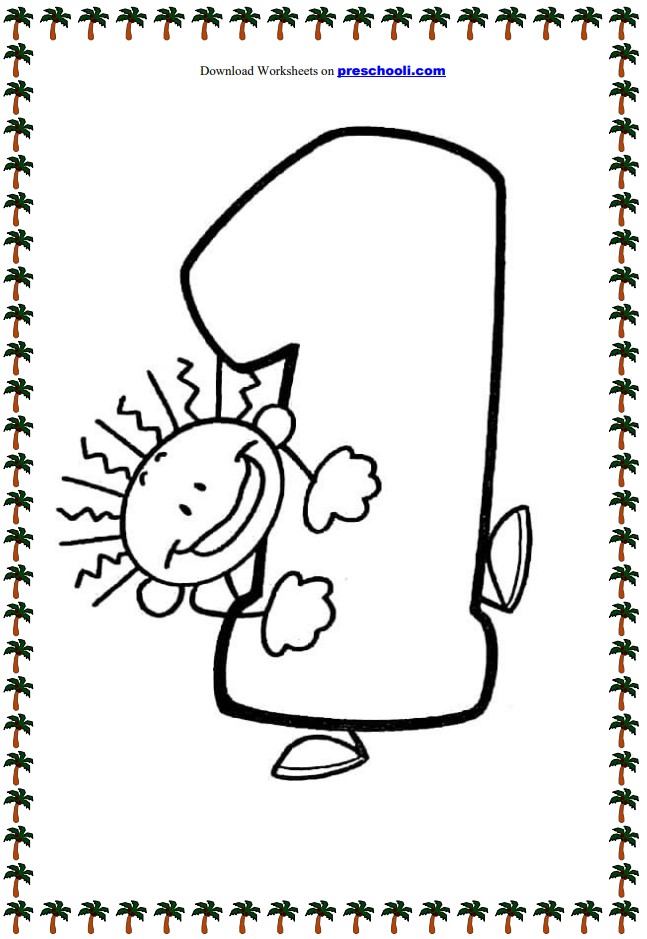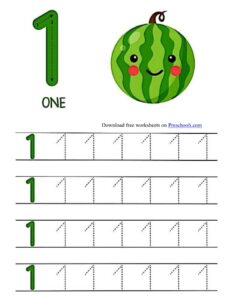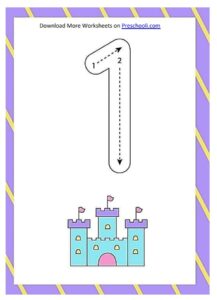Math Workbooks for Kindergarten Free – A Parent’s Essential Resource
The Power of Playful Math: A Journey into Kindergarten Math Essentials
In the charming world of children’s education, the introduction to math is not just about numbers and equations; it’s an adventure through patterns, shapes, and problem-solving. For our youngest scholars entering the world of kindergarten, a well-crafted math curriculum sets the stage for a lifelong love for learning. Kindergarten math workbooks, especially those that are available for free, play a crucial role in reinforcing classroom concepts, fostering a positive relationship with math, and providing parents with tangible tools to guide their little ones through early math explorations.
Kindergarten is a pivotal year in a child’s academic formation. This is when young minds begin to grasp the foundation of mathematical principles. It’s a juncture where structured learning through play and interactive activities helps children not only understand math but to develop a sense of curiosity and confidence in their analytical abilities.
Laying the Foundation with Free Kindergarten Math Workbooks
By the end of kindergarten, children are expected to exhibit basic mathematical understanding. This includes the ability to recognize, compare, and manipulate numbers, an understanding of patterns, and familiarity with shapes and their attributes. Free math workbooks for kindergarteners can serve as comprehensive resources to solidify these skills in varied and engaging formats.
Discovering Numbers and Operations
Number sense is at the core of early math. Free kindergarten math workbooks provide numerous exercises that encourage young learners to count, read, write, and understand numbers up to 20. Whether it’s by connecting dots, matching numbers with corresponding quantities, or engaging in simple addition and subtraction, these hands-on activities make learning feel like child’s play – and that’s precisely the point at this developmental stage.
Counting the Fun Way
Counting is more than a rote skill; it’s the first step into the world of mathematics. Illustrated workbooks turn counting into a joyful adventure, as children count animals on a farm, balloons at a party, or stars in the night sky. The diverse contexts not only keep counting exercises interesting but also show the practical application of this fundamental skill.
Embark on a Number Writing Safari
By engaging in exercises where kids trace and write numbers, they cement the link between abstract numerals and the concrete quantities they represent. This tactile approach to learning is essential for kinesthetic learners and helps in honing fine motor skills, setting the stage for success in handwriting as well.
Patterns and Relationships
Understanding and creating patterns is an early form of algebraic thinking. Free math workbooks present beginners with an array of visual patterns and guides them through the process of identifying, extending, and creating their own sequences. This not only sharpens their observational skills but also plants the seeds of problem-solving and logical reasoning.
Shapes More Than Meets the Eye
Kindergarteners are introduced to the enchanting world of geometric shapes in a way that resonates with their daily experiences – a pizza is a circle, a box is a square, and so on. Free workbooks offer activities where children sort, match, and learn about the properties of these shapes, setting the stage for later geometry and spatial sense.
Measuring Up
Even at a young age, children are already comparing – which tower is taller? Who’s older? Measuring quantities, comparing sizes, and understanding more, less, or equal are all part of kindergarten math. Workbooks provide intuitive exercises that allow kids to explore measurement through the use of non-standard units such as building blocks or their own hands and feet.
The Home-School Connection: How Parents Can Empower Young Mathematicians
The pivotal role of parents as the primary and most impactful educators in a child’s life cannot be overstated, particularly in fostering the development of math skills. Free math workbooks play a crucial role in bridging the gap between the school’s math curriculum and the additional support and reinforcement that parents can offer within the home environment. By engaging in these supplementary learning activities, parents can create a nurturing and enriched mathematical learning experience for their children that complements and enhances their formal education.
Parent’s Guide to Math Activities at Home
It’s not just about replicating the classroom experience; it’s about enhancing it. Parents can leverage the different sections available in free math workbooks to pinpoint specific areas where their child might require more practice or where they excel. By identifying these areas, they can customize additional activities to further support their child’s learning journey.
The Art of Feedback
Clear and encouraging feedback plays a pivotal role in every learning process. When parents engage with math workbooks alongside their children, they not only get to witness their child’s problem-solving strategies but also have the opportunity to offer genuine praise for their efforts. Additionally, parents can provide gentle guidance when their child faces challenges, creating a supportive environment for learning. It’s important to recognize that reinforcement, in the form of positive feedback and constructive guidance, is just as influential in the learning journey as the exercises within the workbook.
Reaping the Benefits of a Math-Positive Environment
Positive reinforcement of math concepts is crucial both at home and in the classroom. Encouraging a math-friendly environment through celebratory moments like engaging in fun conversations that involve numbers, cooking together to apply math skills practically, and incorporating math challenges into board games can significantly impact a child’s perspective on mathematics. Parents play a vital role in helping their child view math as a dynamic element of their daily life, fostering a positive relationship with numbers beyond traditional learning materials.
Integrating Math into Daily Routines
Simple daily tasks can transform into opportunities for rich math learning experiences for children. For instance, observing the intricate symmetry of a butterfly’s wings can spark discussions on patterns and shapes. Exploring the geometric shapes in a playground setting can lead to engaging conversations about spatial awareness and measurement. Even something as simple as sharing snacks can introduce the concept of division in a practical and relatable way, demonstrating the real-world applications of math and how it plays a significant role in a child’s everyday life.
Conclusion – In the Hands of Parents, an Endless Resource for Kindergarten Math Success
Free kindergarten math workbooks are more than just a compilation of activities. They are a precious tool that empowers parents to join their child’s mathematical journey with confidence and creativity. They offer a range of exercises designed to engage young minds and turn abstract math into concrete, accessible learning.
For parents seeking to enrich their child’s math education, the treasure trove of worksheets, number cards, games, and activities found in these workbooks paves the way for a joyous exploration of the many facets of mathematics. By integrating these resources into home routines and playtimes, parents can instill in their child a strong foundation of numeracy and a lifelong appreciation for the beauty and utility of mathematics.
The availability of free kindergarten math workbooks is not just a convenience but a profound opportunity. It blurs the lines between school and home, uniting parents and educators in the shared goal of providing children with the best possible start in their mathematical adventure. With these resources, we can collectively ensure that math remains a beacon of discovery, fun, and learning for the bright young minds of tomorrow.

Join our Facebook Group



